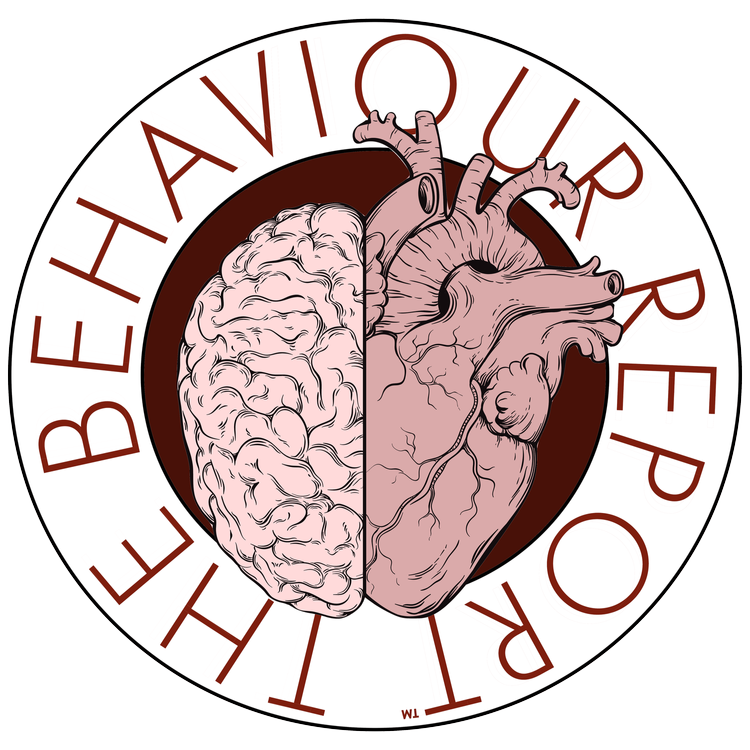Kieran Flanagan @ThinkKieranF
When most people think of Presentation Skills they think of the on-stage stuff. The spotlights, the microphone, the hand gestures and the captivated audience. Sure presentation skills include those things but they are much more than that. For most presentations don’t always happen on a stage to a large audience. More often they happen in meeting rooms, boardrooms, stores, job interviews, pitches and team meetings. They happen every day in more ways than you probably realise.
Being good at presenting is a life and work skill, not just a skill for those who are on stage and the skills it takes to be good at presenting might surprise you. Presenting is voice and emotion, movement, engagement, storytelling and making eye contact but before you get to any of that and crucially presenting takes thinking.
Presenting is a thinking skill first.
Thinking about what you want to share and why the audience should care. Why your message is worth listening to and paying attention to (just one of the 16 million text messages, 56 million emails or hundreds of marketing messages are created every minute of every day). And that’s just the first question you need to ask yourself!
Presentation Skills will help you and your teams articulate, simplify and order your thinking so you can share it in a way that can be heard, understood and acted upon. Here are a few tips to get you thinking (before you go near an audience of any size).
Think about what you are really saying.
This sounds obvious but you would be amazed how many people walk into a meeting or room without truly knowing what they are saying. Clarity trumps everything. It trumps cleverness and craft. Be clear first.
Be able to articulate the point you are making in a single sentence.
I use a technique I call ‘on a post-it’. This means you must be able to write on a regular sized Post-It note your key thought. If you can’t you haven’t simplified it enough. You are in the game of sharing your message, idea, offering and to do that they must take it away with them. The people you are presenting to must be able to leave the room and remember the point of what you were saying. In addition if someone else asks them what it was about they should be able to clearly share on your behalf. Too many presentations that people walk out of saying were good or even great come unstuck when someone else asks what was the key point. If they don’t know, it’s awkward, they mutter in an attempt to escape the conversation, “I don’t know”, or “it’s hard to explain”, “but it was really good” and the worst one of all, “you had to be there!”
Be both easy to explain and really good!
Think about who is listening.
Presenting isn’t all about you. It’s hardly about you at all really. It’s about who is in the room. Getting ready to present means knowing who you are connecting to. To do this you have to know about them. What they care about, worry about, hope for, are afraid of and wish for. Knowing this allows you to make your message salient and relevant. Not a ‘that was nice but it isn’t relevant to me’ response that too many good presenters get because they failed to anchor their point in the world of those who are listening.
Once you know who is listening you can begin to build a flow and order that will make sense to their view of the world. No one likes being told they are wrong, in fact most people shut down when they are, dig their heels in and do anything they can to prove you wrong. Creating an order of logic and emotion that leads them to reach the conclusion you wanted them to come to, is far easier when you know their current view of the world.
Think about making it actionable.
Why are you taking up people’s precious time and focus? What do you want them to do differently? What do you want them to act upon? What are you trying to change for the better?
Talking is one thing but moving people to take some sort of action is entirely another. Great presenters provoke, evoke and importantly invoke. They give their audience something to do. If you want to be a great presenter get great at turning ideas and messages into actionable steps and takeaways.
